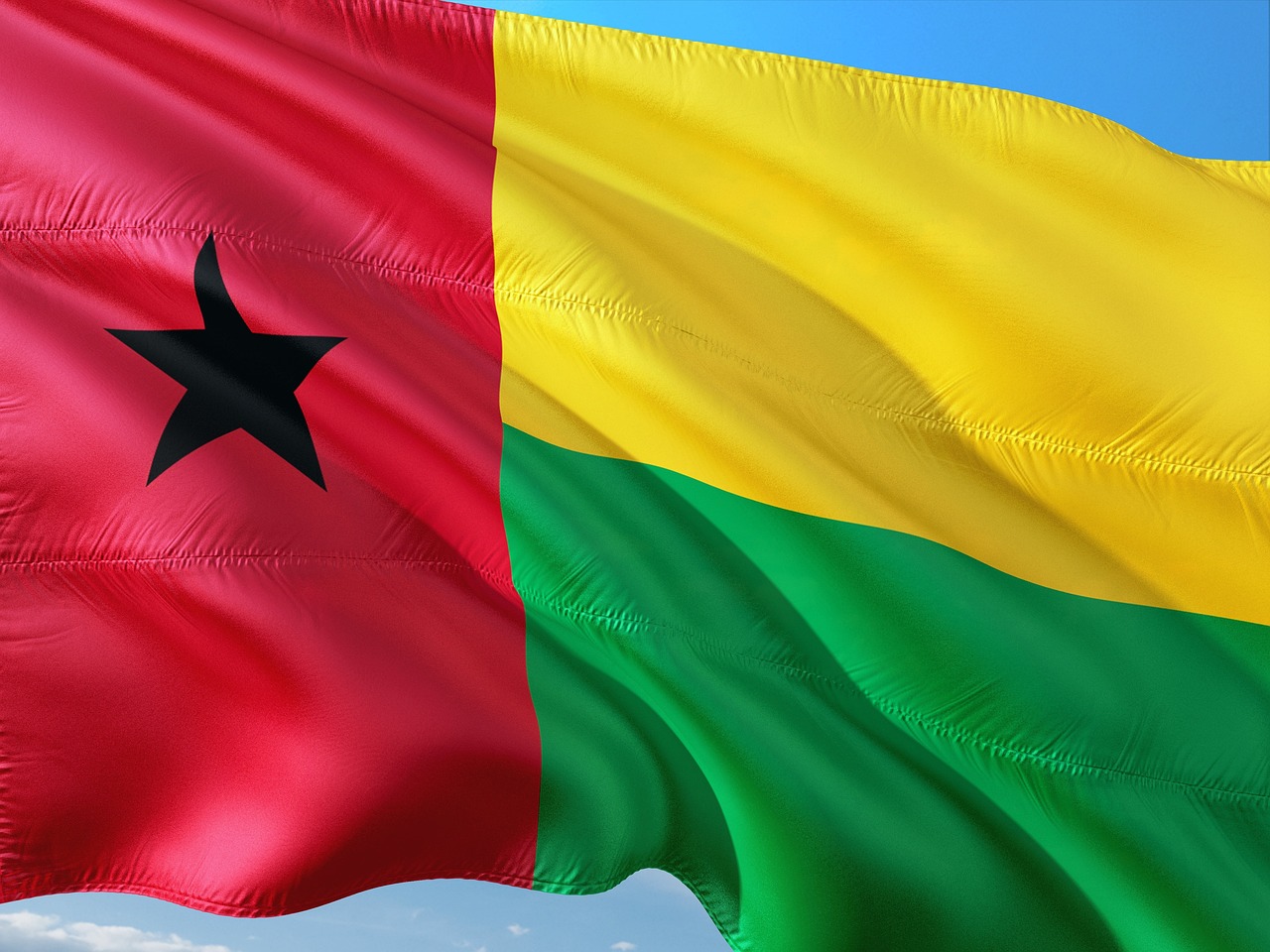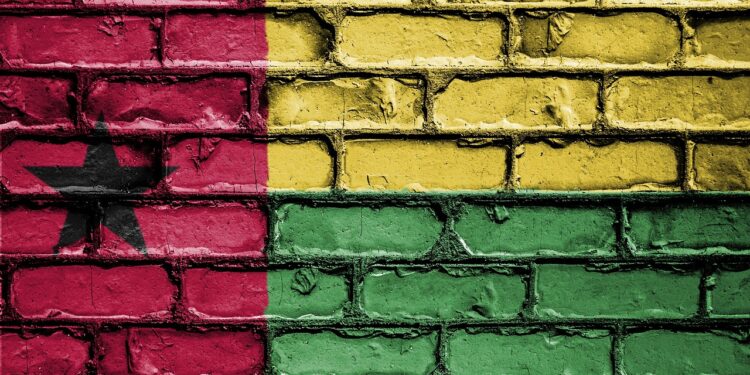Chaos erupted across Guinea-Bissau’s capital on Wednesday as gunfire echoed through government districts and a shadowy military faction declared itself the nation’s new ruling power, throwing the West African nation’s contested presidential election into disarray and leaving the world asking one question: Who’s really in charge?
In a televised address, army officers announced they had dissolved the government, suspended the electoral process, and formed “The High Military Command for the Restoration of Order.” The announcement came just hours before the electoral commission was set to declare results from Sunday’s hotly contested presidential vote, plunging the nation into immediate lockdown with closed borders and an enforced curfew.
The situation on the ground remains dangerously fluid, with conflicting accounts emerging from the country’s top leaders. Ousted President Umaro Sissoco Embalo bluntly told France 24, “I have been deposed,” while his main electoral rival, Fernando Dias, claimed in a distributed video that he was safe after armed men attempted to detain him, calling the military action a “false coup attempt.”

The power grab triggered immediate international alarm, with the African Union and ECOWAS issuing a joint statement expressing “deep concern” and confirming that electoral officials had been arrested. The U.S. mission warned of continued sporadic gunfire and military checkpoints throughout the capital, describing a city in panic as residents fled through streets filled with the sound of gunshots near government buildings.
Why It Matters
This is not just another coup in a coup-prone nation—it’s a calculated power grab disguised as political rescue. The military’s vague justification about stopping a “destabilisation plan” involving “drug barons” and election manipulation is the classic playbook of every junta seeking to legitimize naked ambition.
The timing, just before election results, reveals everything. This was never about restoring order; it was about preventing an outcome someone powerful didn’t like. The fact that both leading candidates are claiming different versions of events—one deposed, one calling it a “simulation”—shows how perfectly chaotic this takeover really is.
In Guinea-Bissau, the real power has never been in the presidential palace but in the shadowy networks that control the cocaine trade and military factions. Today’s events simply make that reality official. Until someone controls both the guns and the drug money, no election result will ever be safe in this nation, perpetually on the brink.

















